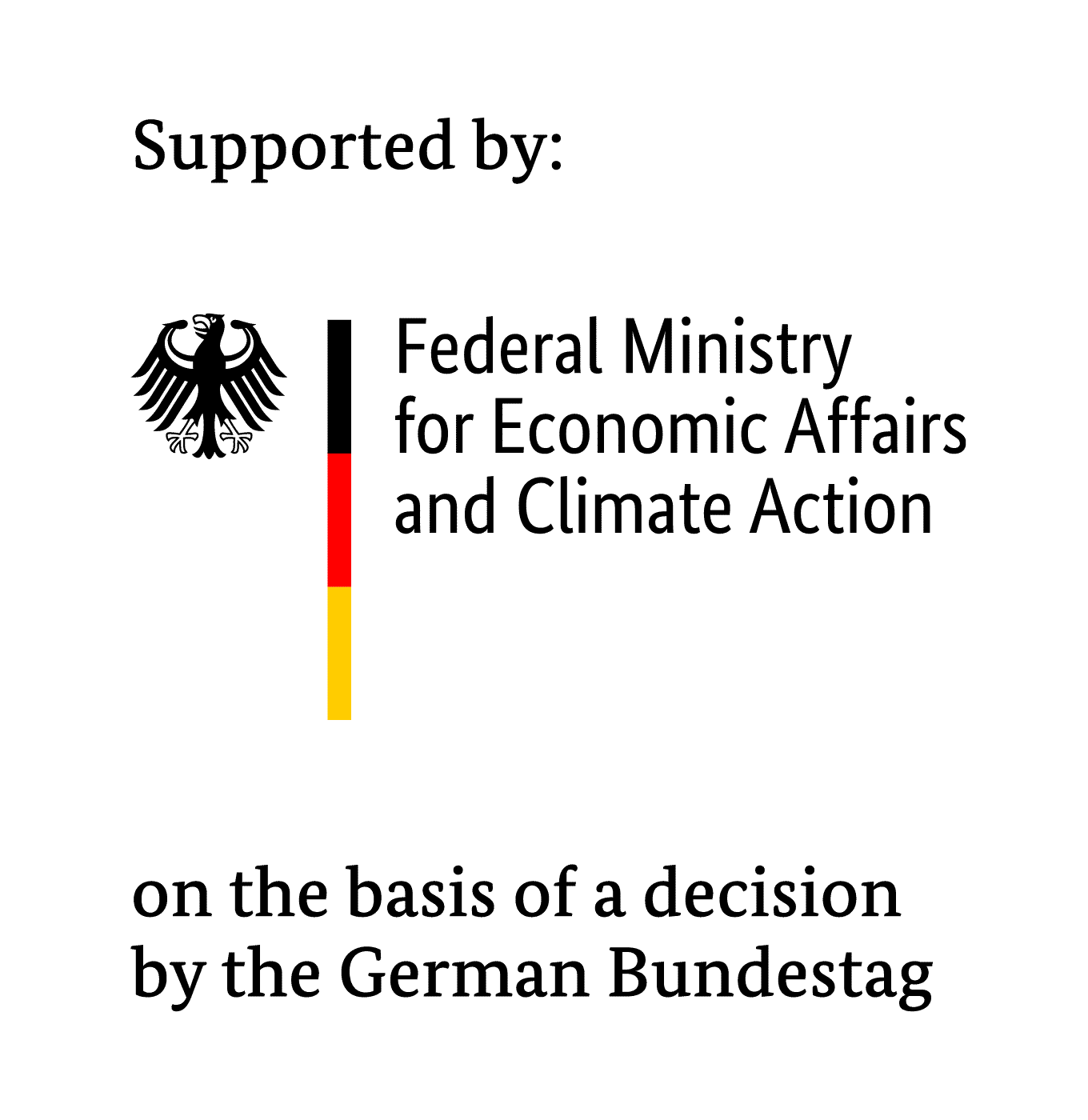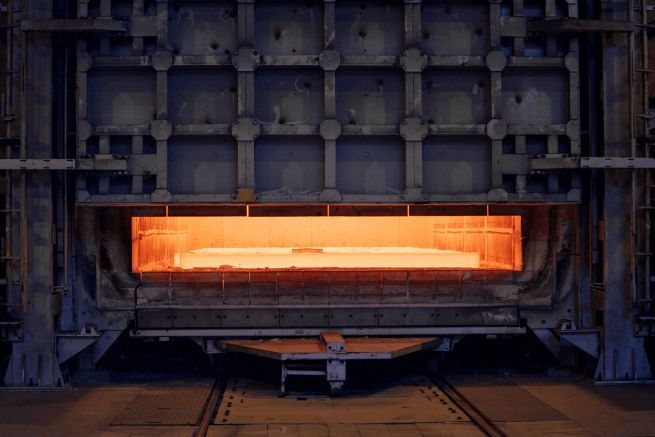Material tests to ensure the service life
11 June 2024 – The conversion of thermal processes and plant technology in energy-intensive industries to CO2-reduced technologies is associated with challenges that manufacturers and operators of thermal processing plants currently have to face. Electrification of the heating processes could help to reduce dependence on fossil fuels and at the same time reduce CO2 emissions from combustion processes. Both the use of renewable electricity to electrify processes and the hybrid operation of industrial furnaces with electricity and hydrogen raise new questions, such as the stresses on the materials used in furnace construction. The Dechema Research Institute and OWI Science for Fuels gGmbH are addressing these questions in a current research project “MatELHeat”.
The project deals with material related challenges when metallic heating wire elements are used for resistance heated batch furnaces in the industry. Both conventional and innovative material concepts are being investigated and developed. The service life of heating elements decreases with increasing temperatures. For example, in the temperature range from 1,100 °C to 1,300 °C in dry air, an increase in the heating element temperature of 50 °C leads to a reduction in the relative service life of around 50 %. For various reasons, metallic heating elements are preferred for furnace chamber temperatures of up to 1,20
The project aims to test the corrosion and ageing of materials for resistance heating elements using suitable corrosion test methods. To this end, a test rig is being planned and built and another older rig adapted to meet the requirements. In the hybrid operation of thermoprocessing systems with electricity and hydrogen at high temperatures or outputs in the range of 1 MWel to 10 MWel, atmospheres can develop in the furnace chamber whose influence on the ageing of the materials is not yet known. For this reason, the tests focus on ageing and service life considerations.
Investigations into the ageing and service life of materials
The project results are used to develop models that describe heat transfer, service life and degradation (reduction in performance). The models will be made available to industrial users so that they can optimize and adapt operating processes to increase efficiency. The suitability of conventional and innovative metallic alloys for heat conductors for hybrid resistance heating will be tested in the furnace laboratory under experimental conditions similar to those used in the operation of industrial furnaces with electricity and hydrogen. This enables the industrial user to select the energy sources in such a way that he can flexibly adapt the heating to the availability and costs of the energy sources.
MatELHeat is one of three sub-projects whose research results will be used to develop a guideline for the optimized design of resistance heating elements in thermal processing systems. While MatELHeat aims to improve material design, “HighPowerHeat” aims to increase power input and “OptiELHeat” aims to optimize heat transfer.
The IGF project 68 LN of the research association Forschungskuratorium Maschinenbau e. V. – FKM, Lyoner Str. 18, 60528 Frankfurt am Main, is funded via the AiF as part of the program to promote joint industrial research and development (IGF) by the Federal Ministry of Economics and Climate Protection on the basis of a resolution of the German Bundestag.







